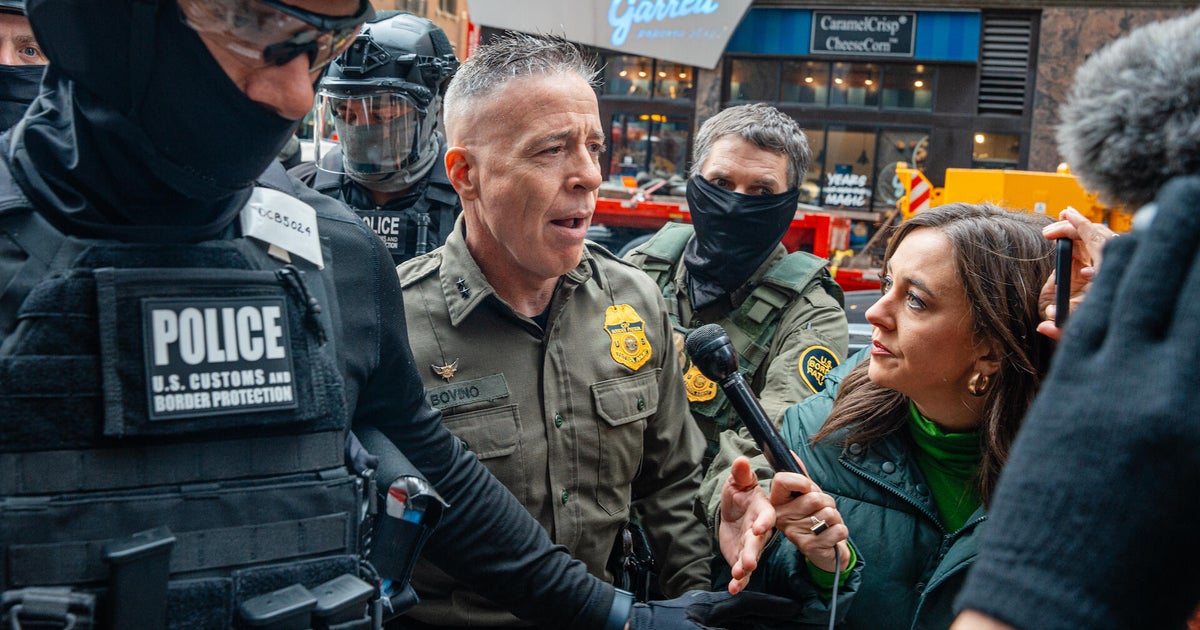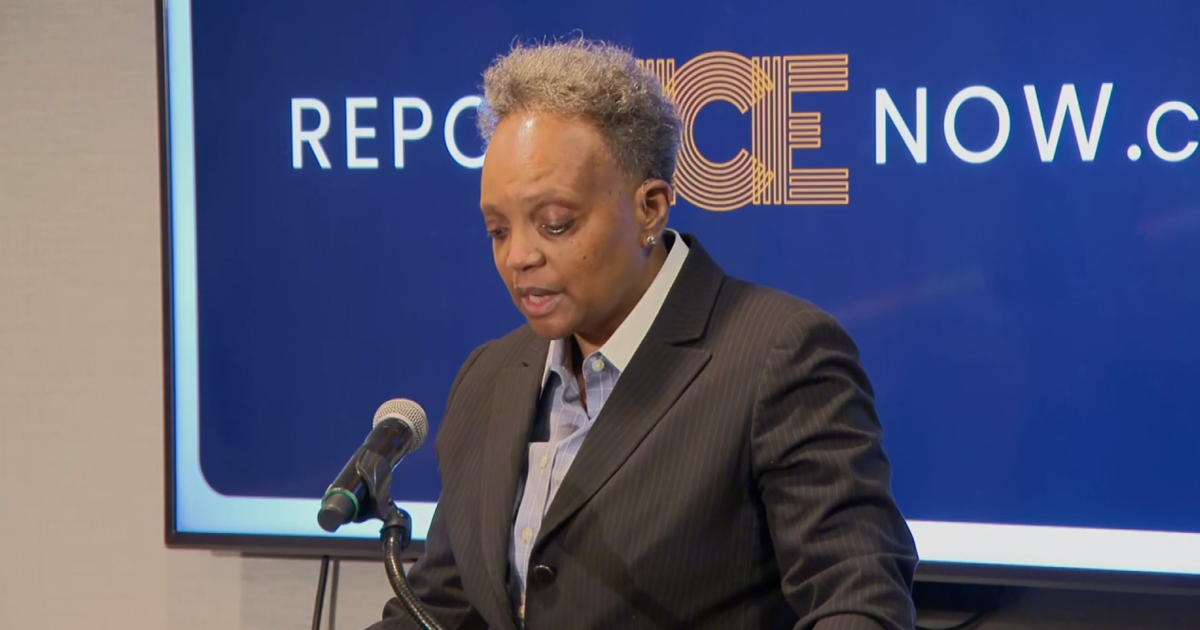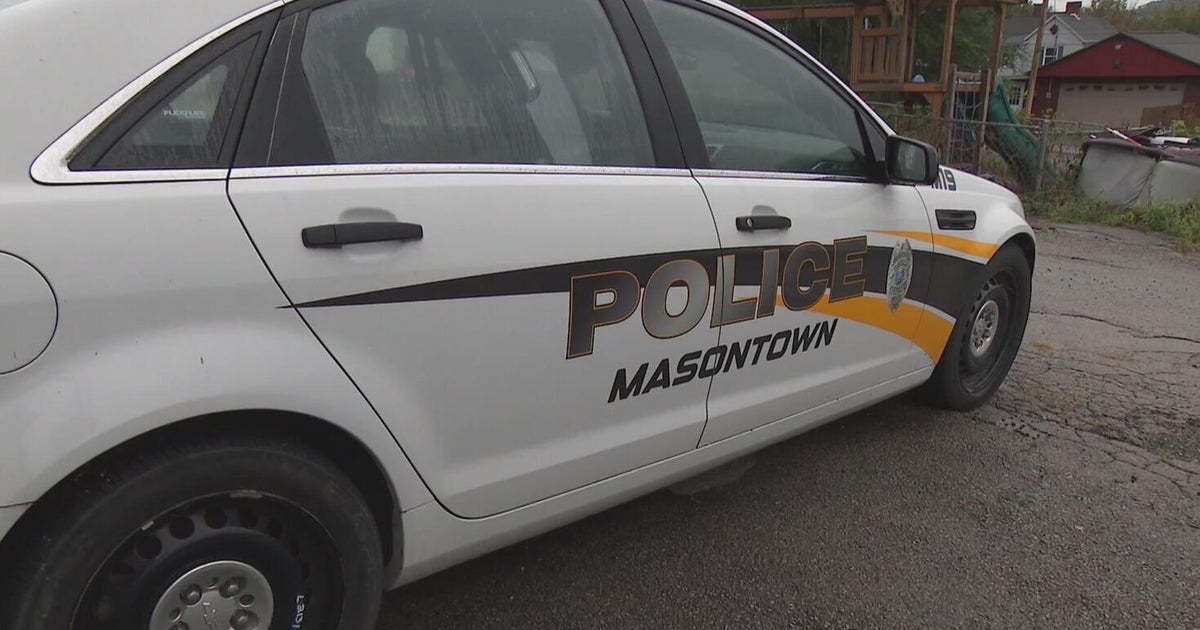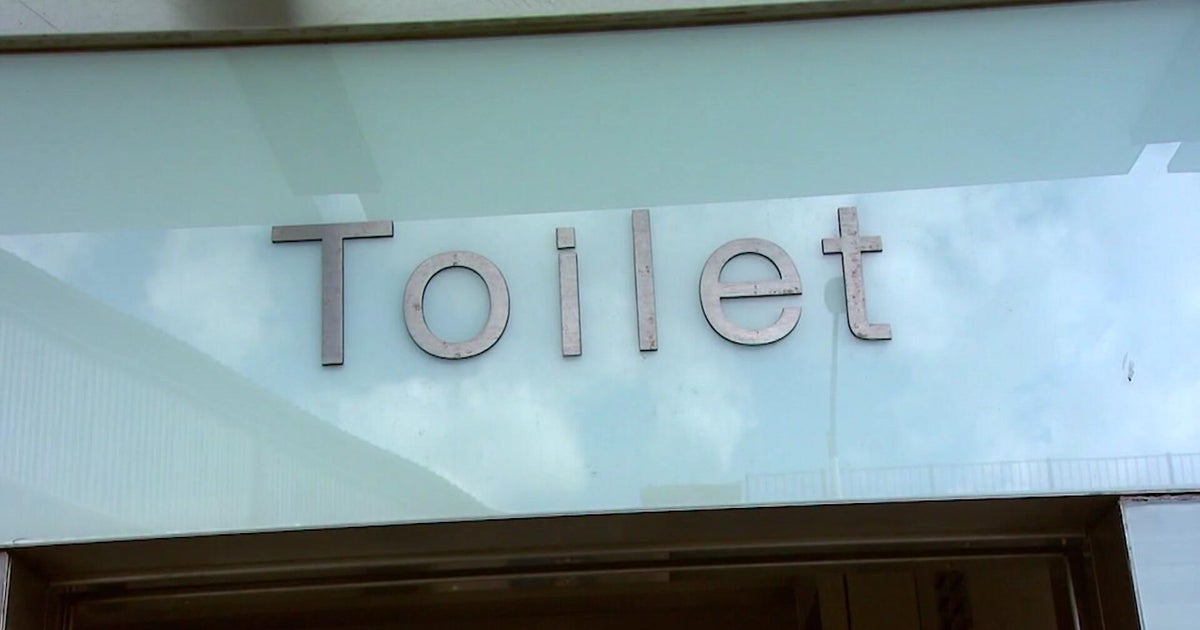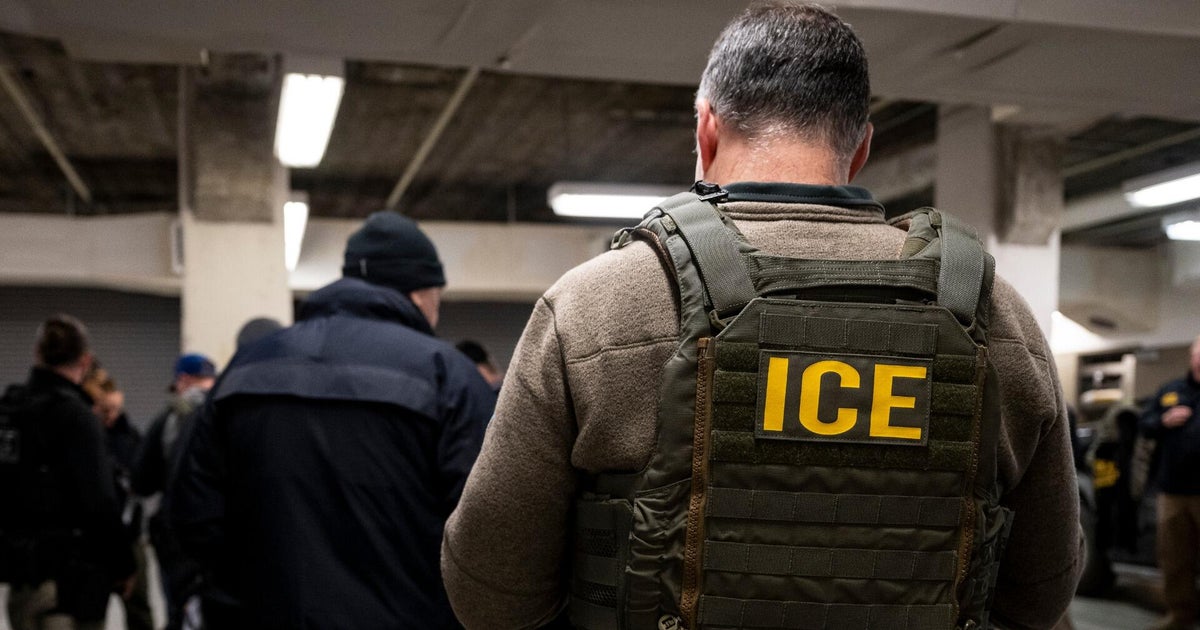Judge Grants Class Action Status To Lawsuit Against NYPD Stop And Frisk
NEW YORK (CBSNewYork/AP) - Finding the city's attitude "deeply troubling,'' a judge granted class action status Wednesday to a 2008 lawsuit accusing the New York Police Department of discriminating against blacks and Hispanics with its stop-and-frisk policies aimed at reducing crime.
WCBS 880's Rich Lamb: Mayor Bloomberg Defended Stop-And-Frisk
Podcast
U.S. District Judge Shira Scheindlin in Manhattan said in a written ruling that there was "overwhelming evidence'' that a centralized stop-and-frisk program has led to thousands of unlawful stops. She noted that the vast majority of New Yorkers who are unlawfully stopped will never file a lawsuit in response, and she said class-action status was created for just these kinds of court cases.
The lawsuit alleged that the police department purposefully engaged in a widespread practice of concentrating its stop-and-frisk activity on black and Hispanic neighborhoods based on their racial composition rather than legitimate non-racial factors. The lawsuit said officers are pressured to meet quotas as part of the program and they are punished if they do not.
1010 WINS' Stan Brooks On The Story
Podcast
Scheindlin said she found it "disturbing'' that the city responded to the lawsuit by saying a court order to stop the practice would amount to "judicial intrusion,'' and that no injunction could guarantee that suspicionless stops would never occur or would only occur in a certain percentage of encounters.
"First, suspicionless stops should never occur,'' Scheindlin wrote. She said the police department's "cavalier attitude towards the prospect of a 'widespread practice of suspicionless stops' displays a deeply troubling apathy towards New Yorkers' most fundamental constitutional rights.''
She called it "rather audacious'' of the police department to argue that legislators already would have passed necessary laws if it were possible to protect people from unlawful searches and seizures.
Police Commissioner Ray Kelly declined to comment.
Mayor Michael Bloomberg said he couldn't comment directly on the ruling because he hadn't seen it, but he did defend the stop and frisk program, saying it had helped the city prevent thousands of deaths - largely of black and Hispanic New Yorkers, who are far more likely to be murder victims than their white counterparts.
"Nobody should ask Ray Kelly to apologize - he's not going to and neither am I - for saving 5,600 lives. And I think it's fair to say that stop, question and frisk has been an essential part of the NYPD's work; it's taken more than 6,000 guns off the streets in the last eight years, and this year we are on pace to have the lowest number of murders in recorded history," said Bloomberg. "We're not going to do anything that undermines that trend and threatens public safety."
The city law office said in a statement: "We respectfully disagree with the decision and are reviewing our legal options.''
Darius Charney, who argued the case on behalf of the Center for Constitutional Rights, a non-profit legal organization, said: "We're very pleased. We think she clearly got everything right on the law.''
WCBS 880's Peter Haskell: Charney Plans To Prove His Point In Court
Podcast
He said the ruling "reinforces that this is a citywide problem the NYPD needs to address.''
Manhattan Borough President Scott Stringer said in a release that the ruling "is a wake-up call - and it is time for the city to face the damage done by this divisive policy.''
In 2002, there were 97,296 stops. Last year, there were 685,724 stops, while there were 601,055 in 2010 and 575,304 in 2009.
The Police Department has said it made 203,500 street stops during the first three months of 2012, up from 183,326 in the first three months of 2011.
The RAND Corp. research organization, in a study commissioned by the NYPD and released in 2007, concluded the raw data "distorts the magnitude and, at times, the existence of racially biased policing."
The study acknowledged that "black pedestrians were stopped at a rate that is 50 percent greater than their representation in the residential census.'' But it said using the census as a benchmark was unreliable because it failed to factor in variables such as a higher arrest rate and more crime-suspect descriptions involving minorities.
How do you feel about the city's stop and frisk policy? Sound off in the comments section below.
(TM and Copyright 2012 CBS Radio Inc. and its relevant subsidiaries. CBS RADIO and EYE Logo TM and Copyright 2012 CBS Broadcasting Inc. Used under license. All Rights Reserved. This material may not be published, broadcast, rewritten, or redistributed. The Associated Press contributed to this report.)
